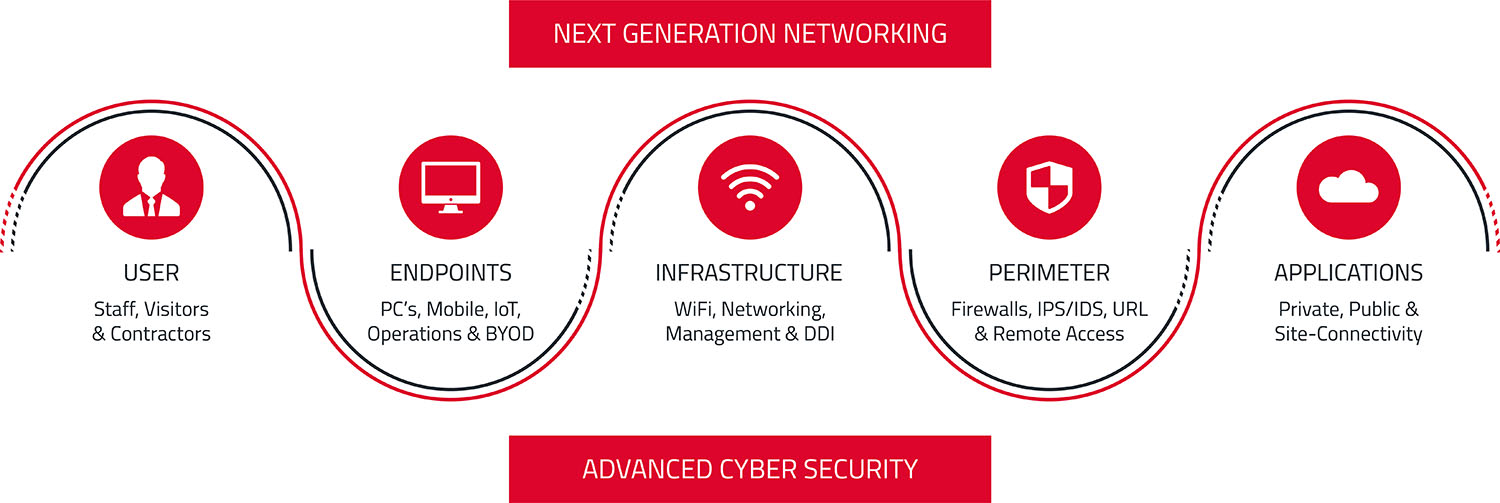
McKinsey and Company is a good place for you to look if your goal is to get a high-paying job with a company that is comparable with others in the industry. Learn more about average salary, bonus, and office locations. Apart from the salary information, you will also find out about the company culture and how they reward employees.
Average salary
McKinsey and Company pays an average of $402,000 per year. However, it is possible for it to vary considerably. The highest-paid employees earn around $240,000 per year, while the lowest-paid employees earn about $18,000. Salaries for partners range from $199,000 up to more than $1,000,000 Additional compensation options include performance bonuses and commissions for projects.
Associates earn up to $154,000 a year. As Project Leaders, associates can earn as much as $220,000 per year. Performance bonuses and profit sharing opportunities can boost associate salaries. Typically, associates reach Associate status after three to six years.
Salary progression
McKinsey has a very interesting salary progression. Employees can start at the bottom tier as junior associates and work their way up to the top. As their career advances, they can be promoted to senior associates and earn a base income of $5 million. They will be able to earn bonuses, which are usually around 90% of the performance bonus, as they progress up the ladder.

McKinsey consultants' salary rises and falls depending on their role. As the company grows and you take on more challenging work, you will likely earn a higher salary. An entry-level consultant could expect to earn between $108,000 and $116,000 per annum, which is a good salary. Higher salaries can be achieved by those who have a doctorate or an MBA.
Bonuses
McKinsey is not the worst when it comes to company bonus programs. The MBA signing bonus has almost doubled in value from the prior year to $30,000. Bain, for instance, contributes $7,500 annually to its 401k plan. BCG also places a portion its profits in the new undergrads' 401k. In contrast, BCG doesn't disclose its bonus, but the firm has recently increased its MBA signing bonus to $30k to keep up with tech companies.
McKinsey's bonus pays more than other companies in the consulting sector. McKinsey & Company's associates make $50k less than a Goldman Sachs consultant. The gap between consulting firms and banks has widened to more than $100k a year. McKinsey & Company gives a $10,000 bonus to graduates who relocate to the firm.
Offices
McKinsey and company offices are located in the Innovation District in South Boston. These offices house 200+ consultants, and are well-known because of their progressive atmosphere. The city of Boston has a rich culture and progressive environment. However, housing costs are much higher than the national average. If you're considering moving to Boston, consider the many options that are available.
McKinsey and Company, a global consulting company, has offices around the world. Each city's office culture is unique. Each office offers a unique culture and specialization. It is important to find one that best suits your needs.

Levels
There is a clear hierarchy in McKinsey, with various levels from Associate Consultant up to Partner. The traditional career path within McKinsey is to begin as an Analyst and work your way up to becoming a Partner. As you progress through the ranks, you'll become more skilled at analyzing and presenting data. Associate Consultants will require a graduate level degree, but the firm has other roles that are open to those who don't have one.
Bain and McKinsey share a similar size, but McKinsey's culture is more formal. The company takes its work very seriously and tends to have longer working hours. The company does not give logo gifts to employees as this could seem unprofessional to clients. The compensation levels at both companies are relatively similar, but McKinsey has a higher alumni network and is slightly more prestigious.
FAQ
How is consulting different to freelancing
Freelancers work as independent contractors and offer their services without the assistance of an agency or company. They generally charge an hourly rate depending on how long they spend on a client project. Consultants typically work for agencies and companies that employ them. Consultants are typically paid either monthly or annually.
Consultants have less flexibility than freelancers because they can control their work hours, and set their own prices. Consultants often offer better benefits such as vacation days and retirement plans, health insurance, and vacation days.
Is it possible to run a consultancy business from home?
Absolutely! Actually, this is what many consultants already do.
Many freelancers work remotely via tools such as Skype, Trello and Basecamp. Many freelancers set up their own office space to avoid missing out on company perks.
Some freelancers prefer to work in cafes or libraries instead of in a traditional office environment.
Some people choose to work from their home because they like being close to their children.
Although working from home is a great option, there are some downsides. If you love your job, working from home is definitely something worth looking at.
What qualifications do you need to become a consultant in order to get your degree?
Studying a subject deeply and then applying your knowledge is the best way for you to become an expert.
If you are interested in becoming a great advisor, then start learning now!
You may not be able to get hired if you don't have relevant experience but a degree. However, if you can demonstrate that you've studied the same subjects as those who got the jobs, you could still apply.
Employers will always search for candidates with real-world experience.
How much does it cost for a consultant to be hired?
There are many factors that go into the cost of hiring a consultant. These factors are:
-
Project size
-
Time frame
-
Scope of employment
-
Fees
-
Deliverables
-
Other factors such as location and experience are also important.
How do you get clients for your consultancy business?
Finding a passion area is the first step. It could be anything from social media to public relations, but there must be something you feel strongly about. You may need to start small and find a niche market like web design. Once you have found the niche market, you need to understand why it works. What problems does the solution solve? What problems can it solve? But most importantly, what can you do to help them?
You can also contact businesses directly.
If all else fails why not offer your services to free events like conferences and networking evenings? It's a great way to get in touch with potential customers, without spending too much on advertising.
Statistics
- According to IBISWorld, revenues in the consulting industry will exceed $261 billion in 2020. (nerdwallet.com)
- Over 50% of consultants get their first consulting client through a referral from their network. (consultingsuccess.com)
- So, if you help your clients increase their sales by 33%, then use a word like “revolution” instead of “increase.” (consultingsuccess.com)
- My 10 years of experience and 6-step program have helped over 20 clients boost their sales by an average of 33% in 6 months. (consultingsuccess.com)
- Over 62% of consultants were dissatisfied with their former jobs before starting their consulting business. (consultingsuccess.com)
External Links
How To
What's a typical day like for a Consultant?
The type of work that you are doing will affect the typical day. But generally speaking, you will spend time researching and planning new ideas, meeting clients, and preparing reports.
You will often have meetings where you discuss issues and problems with clients. These meetings may be over the phone via email, on-line, or face-to–face.
Also, proposals are documents that outline your ideas or plans for clients. These proposals should be discussed with a mentor or colleague before being presented to clients.
After all the planning and preparation you will have to put your efforts into creating some content. For example, you could be writing articles, designing websites, creating videos, editing photos, or conducting interviews.
Depending on the scope of the project, you may need to do some research in order to gather relevant statistics or figures. It may be necessary to know how many customers are currently using your products or services.
Once you have gathered enough information, it's time to present your findings to clients. You may give your findings orally or in written form.
After your initial consultation, you should follow up with your clients. For example, you could call your clients periodically to check how things are going. Or send them emails asking them to confirm they have received the proposal.
This process takes time, but it's important to ensure that you stay focused and maintain good relationships with clients.